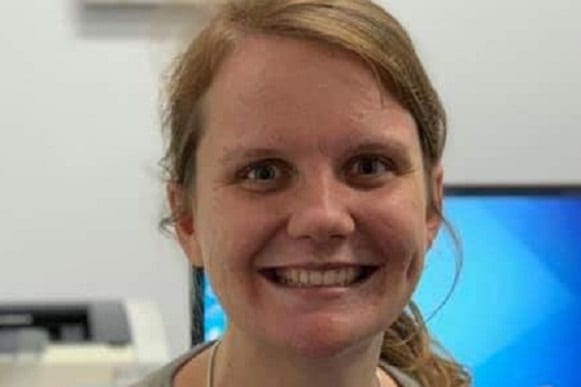
A Digital Health Tool for Assessing Diabetes Distress in General Practice
 ARH Scholar Dr Rita McMorrow has recently completed a PhD looking into the assessment of diabetes distress in general practice.
ARH Scholar Dr Rita McMorrow has recently completed a PhD looking into the assessment of diabetes distress in general practice.
Up to 36% of people with Type 2 Diabetes (T2D) experience diabetes distress, negative emotions such as frustration about living with diabetes, which is different from depression.
Dr McMorrow’s research involved five sub-studies looking into the assessment of diabetes distress in general practice along with designing a digital tool to support assessment.
Dr McMorrow interviewed people with T2D and found the doctor-patient relationship is essential to discussing diabetes distress, however, the assessment of diabetes distress is often impacted by the complexities of general practice.
The digital tool (PROM-GP) was designed in a series of online design workshops with general practice professionals (general practitioners (GPs), nurses and diabetes educators). PROM-GP was designed to help general practice use the Problem Areas in Diabetes scale (PAID).
Implementing the PAID scale in general practice needs to take into consideration four features such as awareness of the person with diabetes emotions, flexibility within the tool, the narrative surrounding the tool, and the GP’s expertise in discussing emotional issues.
The PROM-GP tool allows for general practices to digitally send the PAID scale to people with type 2 diabetes and for healthcare professionals to review the responses in the electronic medical record. It has the potential to be used with other patient questionnaires in general practice.
Dr McMorrow from the University of Melbourne received the Enid Beatrice Farmer PhD Scholarship in 2020 co-funded by the Rotary Club of Croydon.
To read more about Dr McMorrow’s research into T2D, click here, here and here.
Media contact: [email protected] First published 18th April 2023